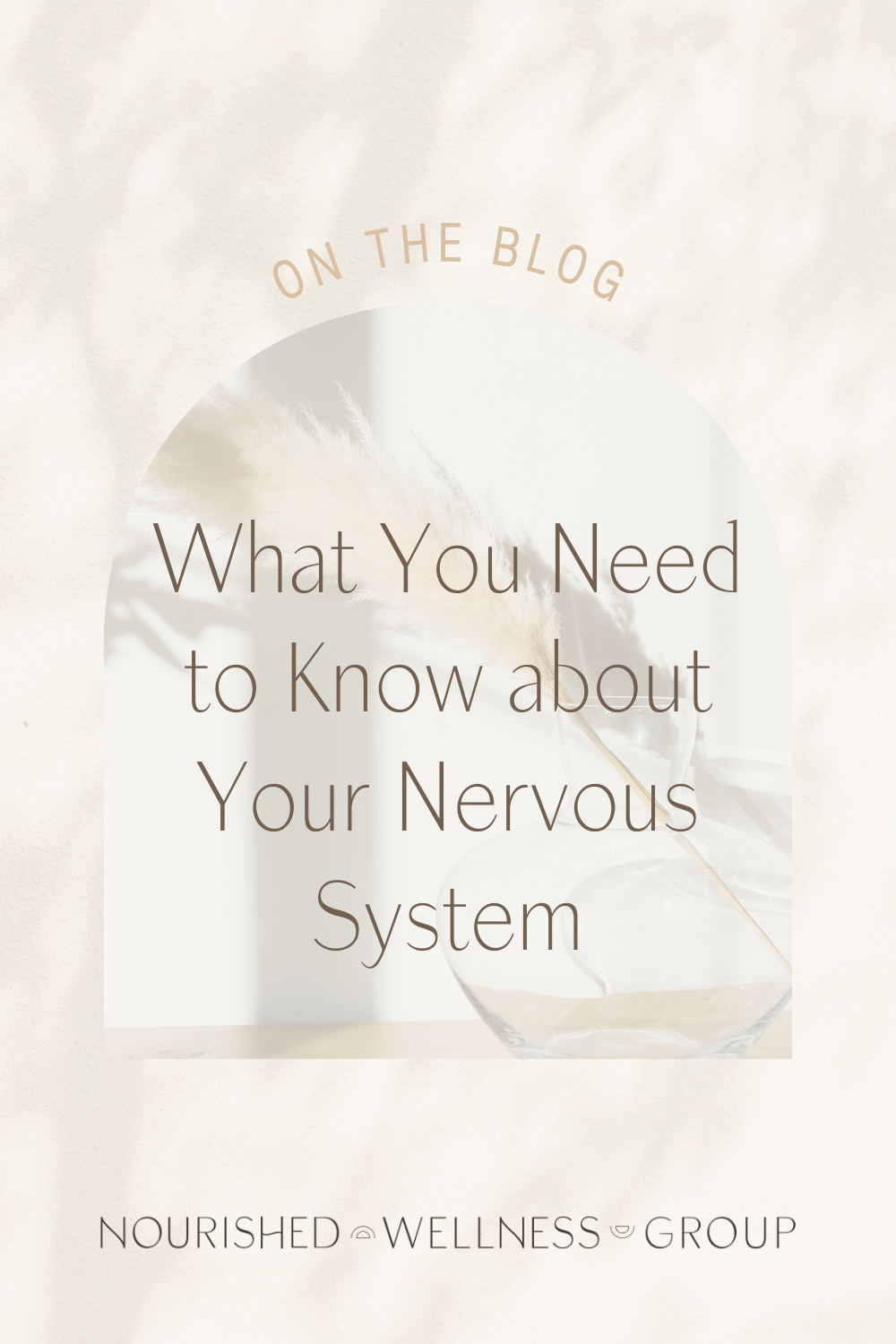The Mind-Body Connection
What is the Mind-Body Connection?
We are learning so many new things about mental health and one of the biggest paradigm shifts is that there is a connection between our minds and our bodies.
“According to the mind-body or biopsychosocial paradigm, which supersedes the older biomedical model, there is no real division between mind and body because of networks of communication that exist between the brain and neurological, endocrine and immune systems,” said Oakley Ray, Professor Emeritus of Psychology, Psychiatry and Pharmacology at Vanderbilt University (Nashville, TN, USA)” (Renoir et al., 2013). The more we learn about the Mind + Body connection, we also learn the importance of incorporating both in the process of therapy.
So how are our brains and bodies connected, anyway?
Our Nervous system
Our nervous system is one way that our minds and bodies are connected, specifically through the vagus nerve.
“The vagus nerve represents the main component of the parasympathetic nervous system, which oversees a vast array of crucial bodily functions, including control of mood, immune response, digestion, and heart rate. It establishes one of the connections between the brain and the gastrointestinal tract and sends information about the state of the inner organs to the brain via afferent fibers” (Breit, Kupferberg, Rogler and Hasler, 2018).
Depending on what state our nervous system is in, our inner experiences and experience of the world around us change. Essentially, we are always receiving information from our brains and our bodies.
Roughly 80-90% of that information comes to us from our bodily experiences, with the remaining 10-20% coming from our brains (Breit, Kupferberg, Rogler and Hasler, 2018). Our thoughts, feelings, beliefs, and behaviors can have a negative or positive impact on our bodies and vice versa.
nourished wellness group utilizes a mind-body approach
Things like chronic stress and difficult experiences can cause our nervous system to become dysregulated, pushing us out of calm and into different stress responses. In order to become regulated, we need to address the body’s experiences as well as our minds.
This is something we value here at Nourished. We incorporate traditional talk therapy as well as therapies that allow us to go deeper into our brains and bodies, like Eye Movement Desensitization Reprocessing (EMDR) and Brainspotting.
We also offer supplemental holistic practices to assist in holistic healing by collaborating with our holistic curated partners.
Integrative therapy with a mind-body approach to healing to treat your whole self, not just parts of your experience.
References:
Breit, S., Kupferberg, A., Rogler, G. and Hasler, G., 2018. Vagus Nerve as Modulator of the Brain–Gut Axis in Psychiatric and Inflammatory Disorders. Frontiers in Psychiatry, 9.
Brower V. Mind-body research moves towards the mainstream. EMBO Rep. 2006 Apr;7(4):358-61. doi: 10.1038/sj.embor.7400671. PMID: 16585935; PMCID: PMC1456909.
Renoir T, Hasebe K, Gray L. Mind and body: how the health of the body impacts on neuropsychiatry. Front Pharmacol. 2013 Dec 18;4:158. doi: 10.3389/fphar.2013.00158. PMID: 24385966; PMCID: PMC3866391.
Pin This Post!
Related Posts
If this post was helpful, you might also like these…










